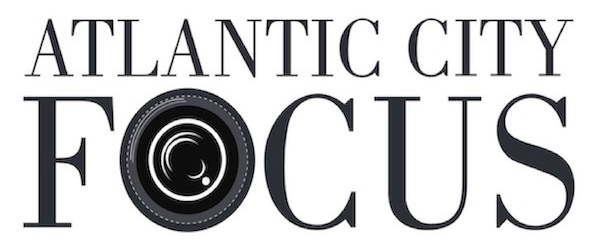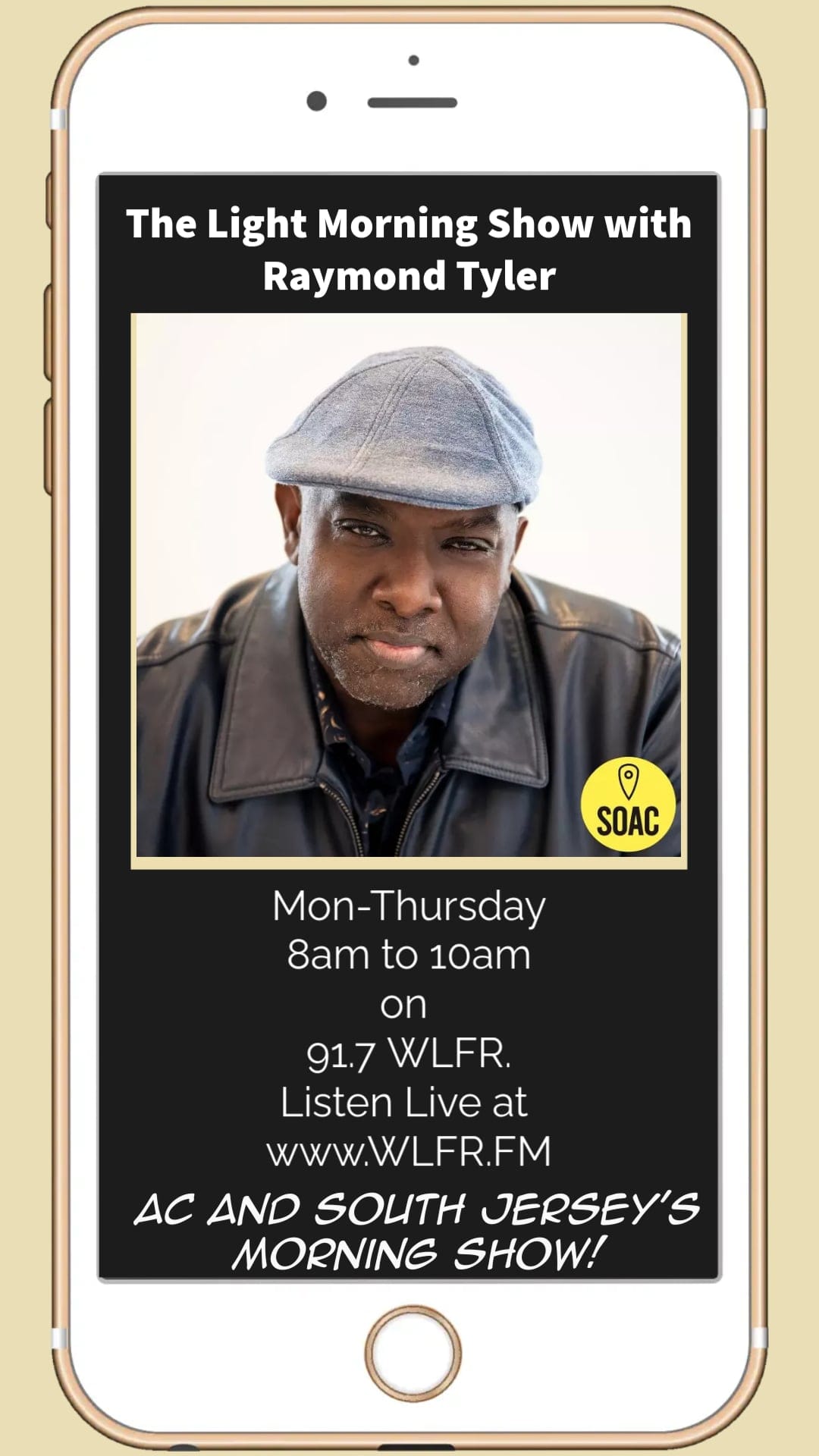Increasing Mental Health Access for the Deaf and Hard of Hearing
The New Jersey Assembly Bill A1673 aims to address disparities that exist in access to health care for people who are deaf and hard of hearing.

Mental health is a topic that has become increasingly more incorporated into our daily lives over the last few years. Even as the discussions have grown, marginalized communities throughout the state may be dealing with their voices being heard. These concerns have turned into action with legislation recently advanced by the Assembly Health Committee aimed to address disparities that exist in access to care for deaf and hard of hearing individuals. Bill A1673, more commonly known as the “Right to Mental Health for Individuals who are Deaf or Hard of Hearing Act,” would establish comprehensive measures to ensure that mental health services are accessible for the deaf and hard of hearing. The legislation is sponsored by Assemblywomen Pamela Lampitt, Carol Murphy, and Heather Simmons.
“Ensuring that every individual can connect with adequate mental health care is not just a matter of equity, it’s a matter of justice,” said Assemblywoman Lampitt (D-Camden, Burlington). “Being deaf or hard of hearing affects the most basic needs, including the ability to communicate with others. This legislation is a critical step towards breaking down barriers that have long prevented the deaf and hard of hearing community from receiving the mental health support they deserve.”
Sign Up for Atlantic City Focus Weekend Guide
Your Key to Winning the Weekend in AC and Beyond!
No spam. Unsubscribe anytime.
Research shows that individuals who are deaf or hard of hearing face significantly greater risks to their mental health compared to individuals who can hear. These issues largely stem from limited access to appropriate educational services and culturally affirmative or linguistically appropriate mental health services.
If passed Bill A1673 would require the Department of Human Services, in consultation with the Division of the Deaf and Hard of Hearing, to employ a deaf services coordinator, who would be responsible for coordinating and overseeing the implementation of appropriate mental health services statewide in a manner that would make deaf and hard of hearing individuals feel understood and supported. The measure would also ensure that the selected coordinator be fluent in American Sign Language, possess a thorough understanding of the deaf community and culture, and have at least three years of experience providing one-on-one services to clients within this community. It takes a village to make a difference and real change to see those actions through. “As community advocates, we need to create an inclusive healthcare system where deaf and hard of hearing individuals can communicate effectively and receive the same standard of care as anyone else,” said Assemblywoman Murphy (D-Burlington). “Bill A1673 will help bridge the gap and ensure that everyone has access to the mental health services they need.”
Many times conversations about the needs of the community may neglect marginalized groups who don’t have access to the resources to properly advocate for themselves. “This bill addresses a vital need within our community, providing necessary resources and support to those who have been overlooked for far too long,” said Assemblywoman Simmons (D-Gloucester, Salem, Cumberland). “By establishing a deaf services coordinator and implementing comprehensive measures, we are taking a significant step towards equitable mental health care for all.”
(This story was produced as part of the Center for Cooperative Media at Montclair State University's South Jersey Information Equity Project fellowship and supported with funding from the Independence Public Media Foundation, the Geraldine R. Dodge Foundation, and the NJ Civic Information Consortium.)
Thanks for reading the whole story!
At Atlantic City Focus, we're committed to providing a platform where the diverse voices of our community can be heard, respected, and celebrated. As an independent online news platform, we rely on a unique mix of affordable advertising and the support of readers like you to continue delivering quality, community journalism that matters. Please support the businesses and organizations that support us by clicking on their ads. And by making a tax deductible donation today, you become a catalyst for change helping to amplify the authentic voices that might otherwise go unheard. And every contribution is greatly appreciated. Join us in making a difference—one uplifting story at a time!




